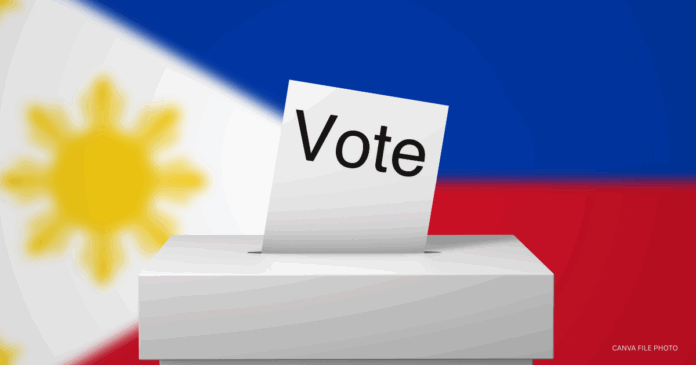As the May 2025 midterm elections near, one question keeps coming back: Why do Filipinos love voting for celebrities?
From the presidency down to barangay posts, showbiz names have long dominated Philippine politics. Joseph “Erap” Estrada, a movie star from the 1960s and ’70s, became president in 1998 after serving as senator and vice president. Broadcaster Noli de Castro, a well-known face in the media and journalism landscape, was elected vice president in 2004.
Today, celebrities remain a strong presence in government. The Senate includes action star-turned-senator Ramon “Bong” Revilla Jr., broadcaster Raffy Tulfo, and actor Robin Padilla—who topped the 2022 senatorial race. Comedian and longtime TV host Tito Sotto served multiple Senate terms and became Senate President in 2018. Action star Lito Lapid is also back in the race for a Senate seat.
In the House of Representatives, TV host Lucy Torres-Gomez and actor Richard Gomez serve as representatives for Leyte and Ormoc. Former actress Vilma Santos-Recto, actor Alfred Vargas, and Yul Servo have all held seats in Congress.
Reelectionist celebrities in 2025 include Padilla, Revilla, Erwin Tulfo, and Camille Villar—former TV host and daughter of business tycoon Manny Villar. Other stars are running across all levels of government: for Congress (district and party-list), governor, mayor, and councilor.
The pattern is clear: the Philippines continues to elect celebrities. But why?
One explanation comes from Parasociality and Habitus in Celebrity Consumption and Political Culture: A Philippine Case Study by Dave Centeno, published in the Asian Journal of Social Science. It explains how Filipinos have specific bonds with celebrities. Calling it “illusory intimacies,” celebrities are said to feel familiar, close to home, and relatable to the voting public.
Another perspective comes from Dr. Jean Encinas-Franco in her article Celebrity Politics and the Politics of Celebrities in the Philippines for UP Halalan. She points to the weak party system and the love of the entertainment-driven media landscape that makes it easy for celebrities to gain political ground. She posits that voters turn to familiar faces—especially those they see on TV, film, or social media.
These are just two explanations for the Philippines’ long-running fascination with celebrity politicians. Whether it’s name recall, emotional attachment, or simply liking a public figure—“gusto ko siya eh”—reasons abound. But with the 2025 elections just days away, it’s worth asking: When voting for a celebrity, are they truly the best person to represent your interests?



